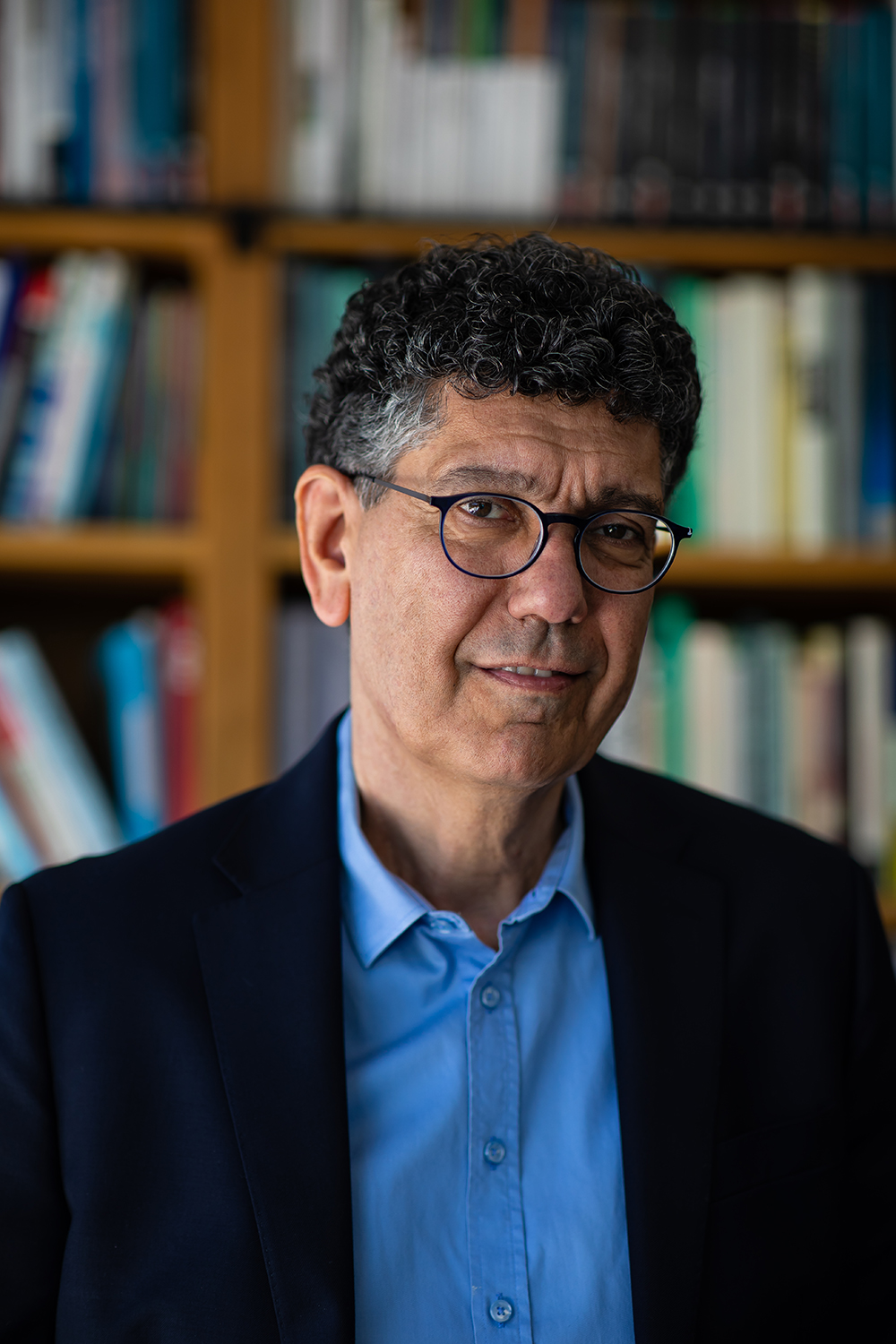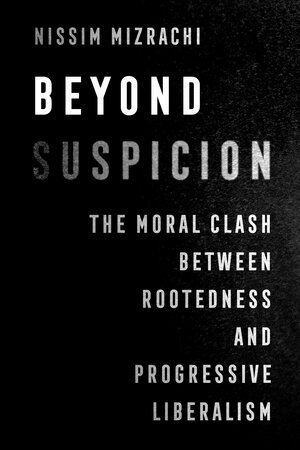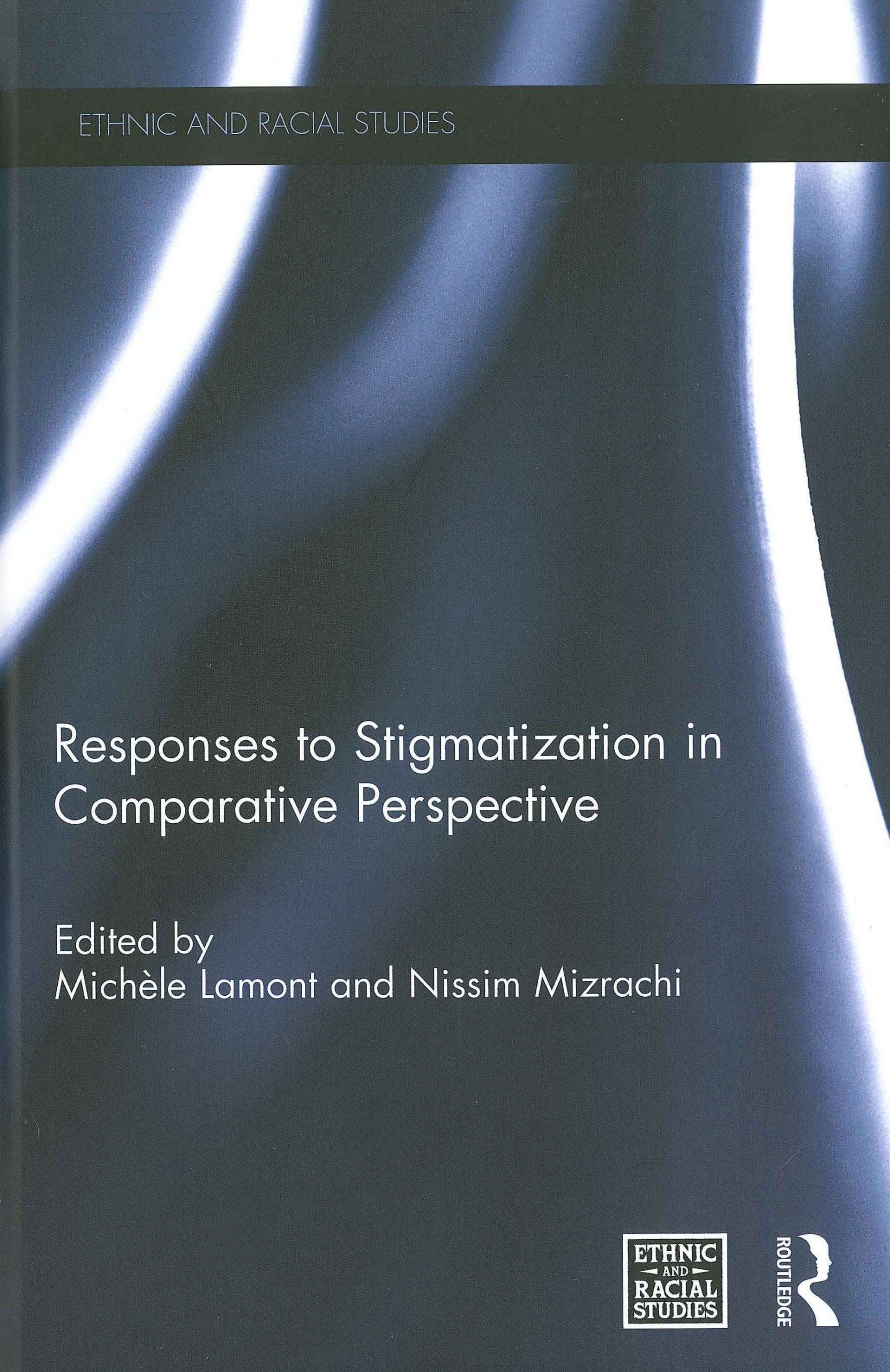
Nissim Mizrachi is a full professor in the Department of Sociology and Anthropology at Tel Aviv University and served as head of the department from 2013 to 2016. He holds a B.A. and M.A. (summa cum laude) from the Hebrew University of Jerusalem. He completed his Ph.D. at the University of Michigan in Ann Arbor under the auspices of the Fulbright Foundation, and his postdoctoral studies at Harvard University. His research interests include the sociology of knowledge, medicine, and culture, social boundaries, social identity and morality, liberalism, and the study of ethnicity and stigma. He is the author and co-author of eight books, edited volumes, and special issues as well as dozens of articles. His early research dealt with mind-body relations in the history and practice of modern medicine. Since the second decade of the 2000s, he has been studying the crisis of liberalism as a moral and political vision and as a critical research position. In addition to these issues, he has also conducted, along with Michèle Lamont and an international team of researchers, a series of international studies on how people belonging to minority groups cope with stigma. Lamont and Mizrachi co-edited and co-authored in 2016 (with other international researchers) the book Getting Respect (Princeton University Press, 2016). Mizrachi has also published several articles in Hebrew and English proposing a new, “postliberal” outline for research and critique. His new book, Beyond Suspicion: The Moral Clash Between Rootedness and Progressive Liberalism (University of California Press, 2024), deals with the roots of the clash between the liberal-progressive vision, prevalent in the humanities and social sciences and in contemporary radical left circles, and the “rooted” grammar that characterizes most communities in Israel and around the world.
Listen to the interviewTheir book Getting Respect, written in collaboration with an international research team, was published in 2016 by Princeton University Press.
The Moral Clash between Rootedness and Progressive Liberalism
July 2024
Buy
Abstract For more than four decades, socially disadvantaged Israeli Mizrahim—descendants of Jews from Middle Eastern and North African communities—have continuously supported right-wing political parties. Scholars, left-wing politicians, and activists tend to view Mizrahim as reacting against their structural exclusion, or more crudely as acting against their own interests, but Nissim Mizrachi locates the source of their so-called paradoxical behavior within the limitations of the liberal grammar by which their outlook and behavior are read. In Beyond Suspicion, Mizrachi turns the direction of inquiry back on itself, contrasting liberal grammar—which values autonomy, equality, and universal reason and morality as the only authentic human choice—with the grammar of rootedness, in which the self is experienced through a web of relational commitments, temporal ties, and codes of collective identity. Recognizing rootedness as a fundamental need and desire for belonging is necessary to understand both scholarly and political rifts in Israel and throughout the world.
Reviews "With profound
lessons for us all, this book excavates the rootedness at the heart of
right-populist politics in Israel. In seeing his subjects fully, Nissim
Mizrachi turns the mirror on ourselves to show us how our constricted vision
limits the appeal of our ideas to the very people whose rights we claim to
fight for. This book powerfully redefines our understanding of the illiberal
world we increasingly inhabit."—Ann Swidler, Professor of the Graduate
School, University of California, Berkeley
"In challenging
sociological orthodoxy, Mizrachi dares us to conceptualize the social actor
beyond our own dominant liberal paradigms. His extensive research among Mizrahi
Jews calls into question prevalent ideas of individual autonomy, forcing us to
recognize the role of rootedness and belonging in the self-conception of
millions in Israel—and beyond."—Adam Seligman, Professor of Religion,
Boston University
Responding to Stigma and Discrimination in the United States, Brazil, and Israel
A comparative look at how discrimination is experienced by stigmatized groups in the United States, Brazil, and Israel
Multiculturalism and diversity have raised a number of challenges for liberal democracy, not least the stigmatization of people in response to these developments.
Buy
